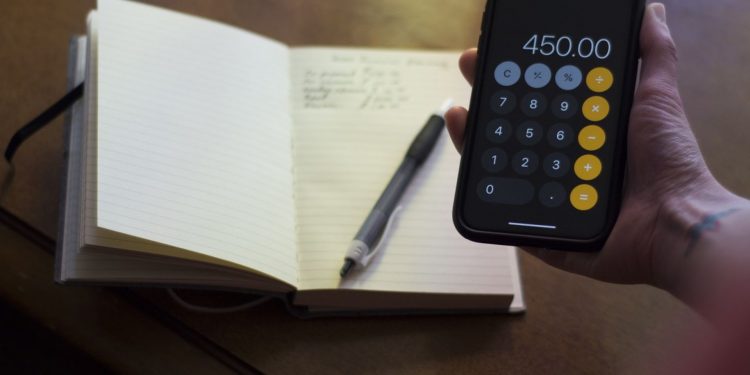With the outbreak of the coronavirus, we’re living in uncertain times. More and more schools and businesses are closing to reduce the spread of COVID-19. As a result, many people are working from home or out of work indefinitely.
If you feel you’re in a precarious financial situation, you’re not alone. George Katsinis, a personal finance counselor for Oregon National Guard members and their families, shares some actions you can take to stay ahead of the curve in times of crisis and uncertainty.
Take care of yourself and your family first.
In times of crisis, focus on absolute needs first. As you evaluate your expenses, keep in mind what is necessary for day-to-day survival and what is not. Basic needs come down to food, shelter, clothing, transportation and utilities. Everything else is extra.
Katsinis says that in times like these, debt takes a back seat to basic needs. Having an open line of communication with debtors and creditors is essential if you’re unable to meet the minimum requirements for payment.
If you can’t pay your credit card or car payment, explain the situation to your creditor. Sometimes creditors will suspend payments or let you pay less for a while.
It’s always better to pay something rather than nothing. And if you can’t afford to pay your bill, life goes on. Remember that your priority is taking care of you and your family.
Now is not the time to panic about your long-term investments, says Katsinis. Many businesses are taking a hit during this crisis, causing the market to drop, so now is not the time to sell.
“If you sell now, you guarantee your losses,” says Katsinis. “If you leave that money and let it ride, at some point, the U.S. economy and market will tip back up.”
The first step to crisis planning is to develop an emergency fund because sooner or later it’s going to rain.
“Bad things happen to really good people,” says Katsinis. “An emergency fund is helpful to level out the pain that might be associated with that rainy day.”
The goal for an emergency fund should be enough to sustain yourself and your family for three to six months.
Katsinis says even if you don’t have the recommended amount set aside, having $500 in savings instead of nothing is a win. That $500 can help buy groceries, pay the power bill and put fuel in the car when you’re not working. Emergency funds level out the bad stuff!
Even if you’re in a situation where you’re struggling to pay the bills, try to find $5 or $10 to put into savings each month. Taking small steps is better than standing still, so save what you can.
“Right now is not the time to go luxury spending,” says Katsinis. “Now is the time to save everything you can because we’re uncertain about how long this current crisis is going to last.”
Life and finances are unpredictable. Be prepared to adjust your spending, saving and investing habits as life changes.
“I appreciate the military mindset that believes we are all the first responders. First responders find a way to improvise … adapt and overcome,” says Katsinis. “Spending plans are not carved in stone. Adjust your plan to fit your circumstances. Do not panic!”











